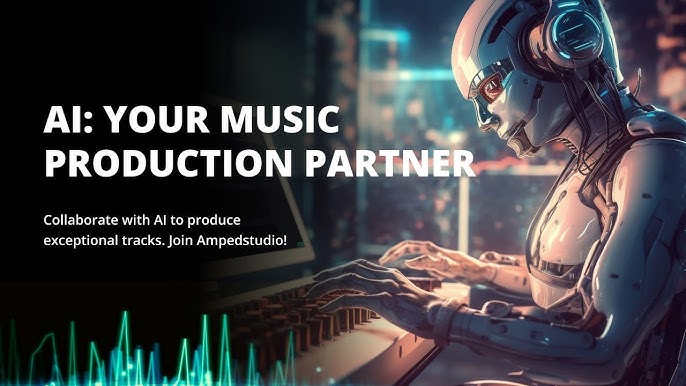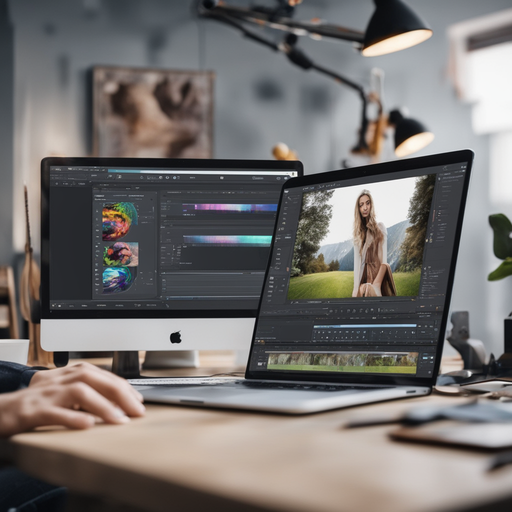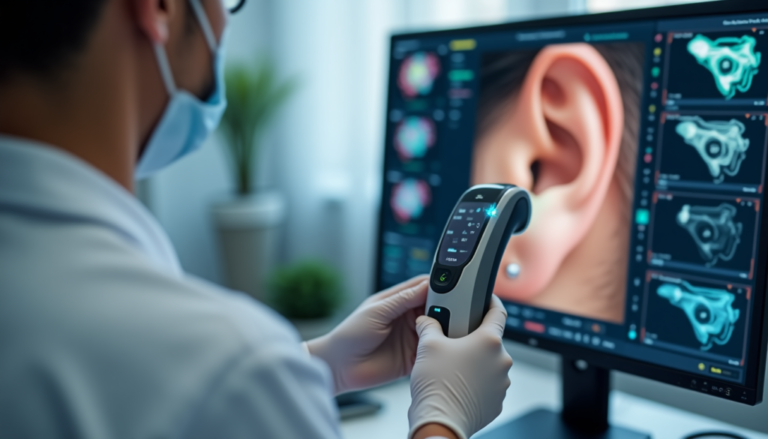AI Assistant for Musicians: Revolutionize Your Creative Process
In today’s music industry, AI assistants are transforming how musicians create and produce. These smart tools help with songwriting, composing, and even mixing tracks.
Imagine having a digital helper that understands music as well as you do. AI assistants for musicians are designed to enhance creativity and streamline production. They analyze data to suggest chord progressions, write lyrics, and refine your sound. This makes it easier to experiment with new ideas without starting from scratch.
By integrating AI into your music-making process, you can focus more on your art and less on the technical details. Whether you’re a seasoned pro or just starting out, an AI assistant can be a valuable addition to your creative toolkit.
Introduction To Ai In Music
Artificial intelligence (AI) is changing the music industry. Musicians can now use AI tools to help create, produce, and perform music. These tools offer new ways to explore creativity and efficiency.
AI helps musicians with tasks like composing melodies, mixing tracks, and mastering songs. This technology is making music creation easier and more accessible to everyone.
The Role Of Technology
Technology has always been a part of music. From electric guitars to digital synthesizers, each innovation has expanded what musicians can do. AI is the latest step in this evolution.
AI can analyze large amounts of music data. It learns patterns and suggests new ideas based on this data. This helps musicians find inspiration and try new things.
AI tools also save time. They automate repetitive tasks like editing and mixing. This gives musicians more time to focus on the creative aspects of their work.
Historical Context
The use of technology in music is not new. Early examples include the phonograph and radio. These inventions changed how people listened to music and how musicians reached their audiences.
In the 20th century, electronic instruments and digital recording became common. These technologies allowed for new sounds and styles. AI is the next phase in this ongoing relationship between music and technology.
AI in music started with simple algorithms that could generate basic melodies. Now, AI tools can create complex compositions and even mimic the style of famous musicians.
| Technology | Impact on Music |
|---|---|
| Phonograph | Allowed music to be recorded and replayed |
| Radio | Made music accessible to a wider audience |
| Electronic Instruments | Introduced new sounds and genres |
| Digital Recording | Improved sound quality and editing capabilities |
| AI Tools | Automates tasks and suggests creative ideas |
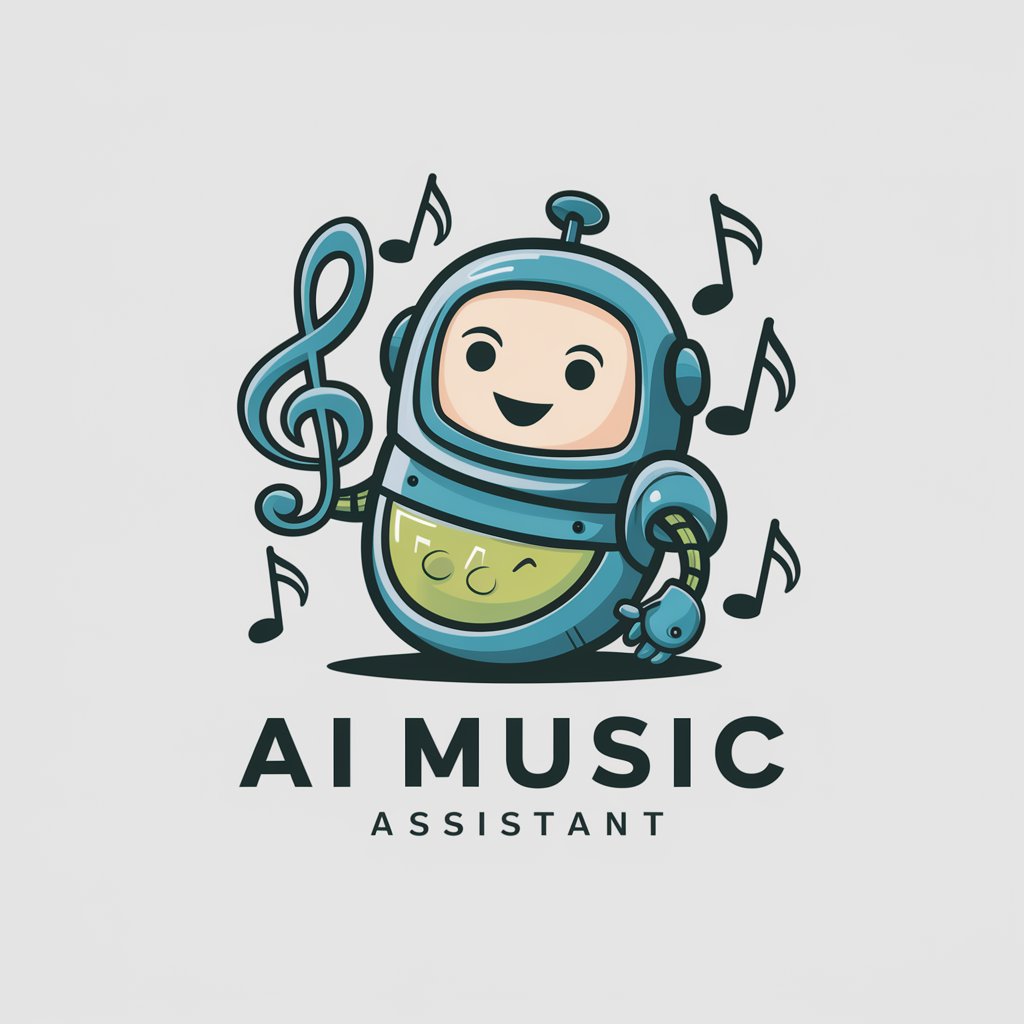
Credit: www.yeschat.ai
Benefits Of Ai For Musicians
Artificial Intelligence (AI) has brought about significant changes in the music industry. One of the most exciting areas is the use of AI assistants for musicians. These tools offer numerous benefits that can help artists in various ways. Let’s explore some of these advantages.
Enhanced Creativity
AI tools can boost a musician’s creativity in several ways. They can generate new melodies, suggest chord progressions, and even create entire compositions. This can help artists to break free from creative blocks and explore new musical ideas.
For instance, an AI assistant can analyze a musician’s previous work and suggest similar patterns. This can lead to more innovative and unique creations. AI can also create backing tracks or accompaniment, which musicians can use as a foundation for their songs.
Efficient Workflow
Efficiency is crucial in the music industry. AI assistants can streamline many aspects of the production process. They can automate repetitive tasks, such as editing and mixing tracks. This saves time and allows musicians to focus on the creative aspects of their work.
Here are some ways AI can improve workflow:
- Automatic tuning: AI can automatically tune vocals and instruments.
- Beat matching: AI can align beats in different tracks, making mixing easier.
- Sound enhancement: AI can enhance audio quality by reducing noise and optimizing levels.
These capabilities can help musicians produce high-quality music more efficiently. They can also allow artists to experiment with different sounds and styles without getting bogged down by technical details.
Ai Tools For Composition
AI tools have transformed the way musicians compose music. These tools help in creating melodies, harmonizing tunes, and even arranging full compositions. They save time, provide inspiration, and enhance creativity. Let’s explore some of the top AI tools for composition.
Melody Generation
AI can generate melodies that inspire musicians. These tools use algorithms to create unique tunes. They analyze existing music to understand patterns and styles. Musicians can then use these melodies as a starting point for their own songs.
Some popular AI melody generation tools include:
- Amper Music – Generates music based on user inputs.
- AIVA – Creates emotional and dynamic melodies.
- JukeBox by OpenAI – Produces varied and complex tunes.
Harmonization
Harmonization is essential in music. AI tools assist musicians in creating harmonies that complement their melodies. These tools analyze the melody and suggest chords that fit well.
Top AI harmonization tools include:
- Humtap – Provides harmonization options for vocal melodies.
- Melodyne – Offers advanced harmonization features.
- Orb Composer – Suggests harmonies based on user-defined rules.
Using these tools, musicians can experiment with different harmonic structures. This enhances their creative process and helps them produce more polished compositions.
Ai In Music Production
AI assistants help musicians create music more efficiently. These tools suggest melodies, harmonies, and rhythms, making the creative process faster and more enjoyable.
Artificial Intelligence (AI) is transforming the music industry. Many musicians now use AI to enhance their creative processes. AI tools help in various stages of music production, making the workflow smoother and more efficient.Mixing And Mastering
Mixing and mastering are crucial steps in music production. AI assists in these stages by analyzing the audio tracks. It identifies frequencies and balances them. This results in a cleaner and more polished sound. AI tools can also apply effects with precision. Musicians can save time and focus more on creativity. AI ensures that the final track sounds professional.Sound Design
Sound design involves creating unique audio elements. AI can generate new sounds from scratch. It can also modify existing sounds to fit specific needs. Musicians can explore various sound textures and styles. AI tools provide endless possibilities for sound creation. This helps in producing unique and innovative music. AI sound design tools are user-friendly. They make complex tasks simple for musicians. AI is an invaluable asset in the sound design process. “`Ai For Live Performances
AI is changing the way musicians perform live. AI assistants help create more dynamic and interactive shows. These tools can adapt in real-time, making each performance unique.
Real-time Adaptation
AI can analyze the crowd’s mood. It adjusts the music based on their reactions. If the audience is excited, the tempo can increase. If they seem tired, the music can slow down. This ensures the crowd stays engaged.
AI can also help with sound adjustments. It can monitor the acoustics of the venue and make real-time changes. This means the sound quality is always at its best. Musicians can focus on their performance, not the technical details.
Interactive Shows
AI assistants make shows more interactive. They can create visuals that match the music. These visuals can change based on the beat or melody. This makes the show more exciting for the audience.
AI can also respond to audience participation. For example, if the crowd claps or sings along, the AI can adjust the performance. This creates a unique experience every time.
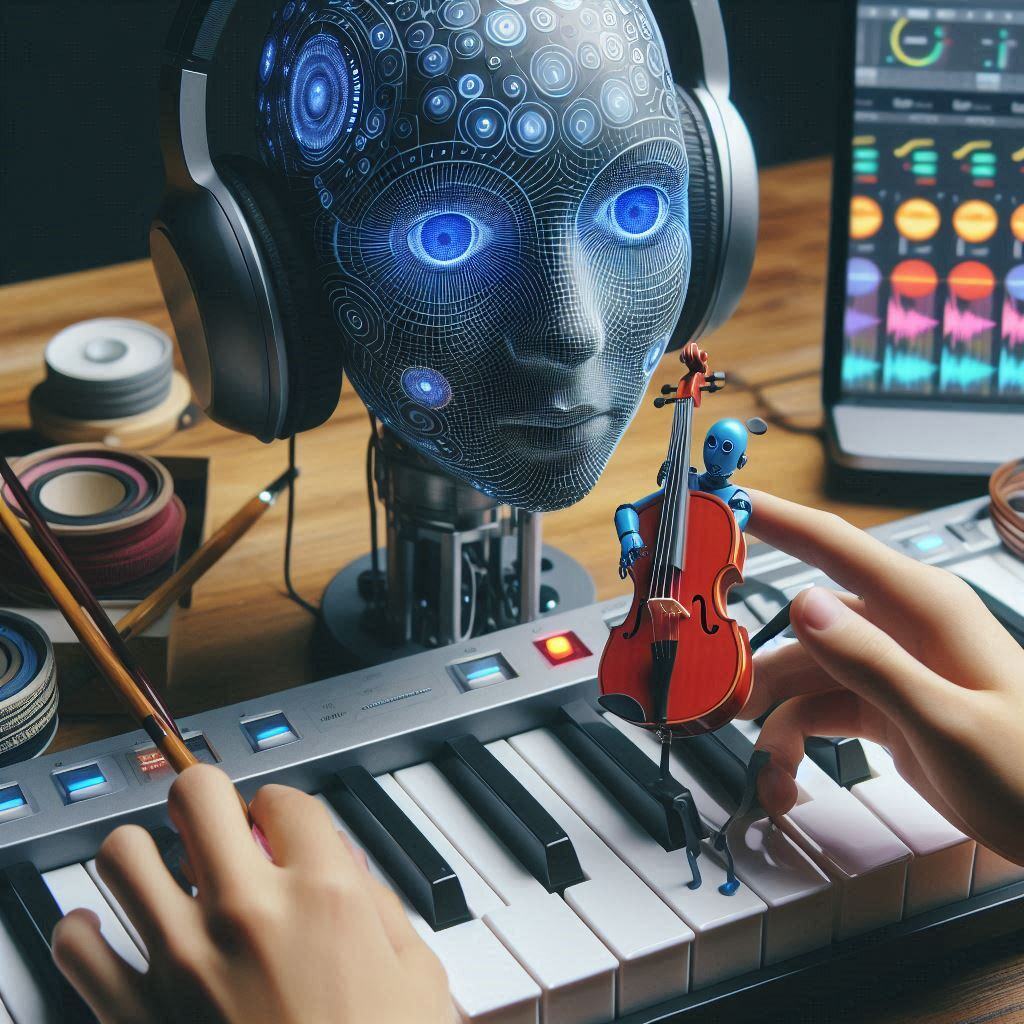
Credit: integrail.ai
Ai In Music Education
AI is transforming music education in exciting ways. Musicians now have access to advanced tools that enhance their learning experience. This technology provides personalized feedback and interactive lessons. AI-driven platforms offer a unique approach to mastering music skills. Let’s explore how AI assists in music education.
Personalized Learning
AI tailors lessons to each musician’s needs. It analyzes their progress and adjusts the difficulty level. This ensures that students stay engaged and challenged. AI can identify strengths and weaknesses. Personalized learning plans help musicians improve faster. This targeted approach makes practice sessions more effective.
Skill Development
AI assists in honing various musical skills. It provides real-time feedback on performance. Musicians can learn proper techniques and correct mistakes instantly. AI tools offer a wide range of exercises and drills. These tools cover everything from scales to complex compositions. This variety keeps learning interesting and comprehensive.
AI also helps in developing a musician’s ear. It offers ear training exercises that improve pitch recognition. Musicians can practice identifying intervals, chords, and melodies. These exercises are crucial for developing a keen musical sense. The AI adapts to the musician’s progress, ensuring continuous improvement.
Challenges And Limitations
AI assistants for musicians offer many benefits, but they also come with challenges and limitations. These limitations can impact the effectiveness and adoption of AI tools in music creation. Understanding these challenges is essential for musicians and developers alike.
Ethical Concerns
One major challenge is ethical concerns. AI can create music by learning from existing works. This raises questions about originality and copyright. Musicians might worry about their work being copied or misused. AI-generated music can blur the lines of ownership. This creates a need for clear guidelines and regulations.
There is also the issue of job displacement. AI can perform tasks that musicians traditionally do. This could lead to fewer opportunities for human musicians. Balancing AI use with protecting jobs is crucial. Musicians and developers must work together to address these concerns.
Technical Barriers
Technical barriers also pose significant challenges. AI systems rely on large datasets to learn and improve. These datasets need to be diverse and high-quality. Limited data can affect the AI’s performance and creativity. Gathering and curating these datasets is a complex task.
Another technical issue is the lack of human-like creativity. AI can mimic styles and patterns but may struggle to innovate. Musicians often seek unique, emotional expressions in their work. Achieving this with AI remains a significant hurdle. Continuous improvements in algorithms and technology are necessary.

Credit: blog.tunemymusic.com
Future Of Ai In Music
The future of AI in music is bright and full of possibilities. AI assistants are transforming how musicians create and produce music. They offer new ways to compose, mix, and master tracks. These tools are making music production more accessible for everyone.
Innovative Trends
AI technology is constantly evolving in the music industry. AI can now generate melodies and harmonies. It can also suggest chord progressions and even write lyrics. Musicians can use AI to experiment with different styles and genres. This opens up endless creative opportunities.
Potential Impact
The potential impact of AI in music is significant. AI can help musicians save time on repetitive tasks. This allows them to focus more on creativity. AI can also assist in discovering new sounds and techniques. It provides valuable feedback to improve their work.
AI tools can also help musicians reach a wider audience. They analyze listener preferences and suggest ways to tailor music to different tastes. This can lead to increased engagement and more successful releases.
Frequently Asked Questions
What Is An Ai Assistant For Musicians?
An AI assistant for musicians is a software that helps in music creation. It can compose, arrange, and suggest improvements.
How Does Ai Help Musicians?
AI helps musicians by automating repetitive tasks. It can compose melodies, suggest harmonies, and optimize sound quality.
Can Ai Compose Music?
Yes, AI can compose music. It uses algorithms to create melodies, harmonies, and rhythms based on input data.
What Are The Benefits Of Using Ai In Music?
AI offers several benefits in music. It speeds up the creation process, provides new creative ideas, and enhances productivity.
Conclusion
An AI assistant can truly enhance a musician’s creativity and productivity. It offers valuable tools to simplify composing and arranging music. Musicians can focus more on their art, less on technicalities. These tools also help in learning new skills and improving existing ones.
An AI assistant is a great companion for musicians at any level. From beginners to professionals, everyone can benefit. Embrace this technology to make your musical journey smoother and more enjoyable. The future of music creation is bright with AI.

